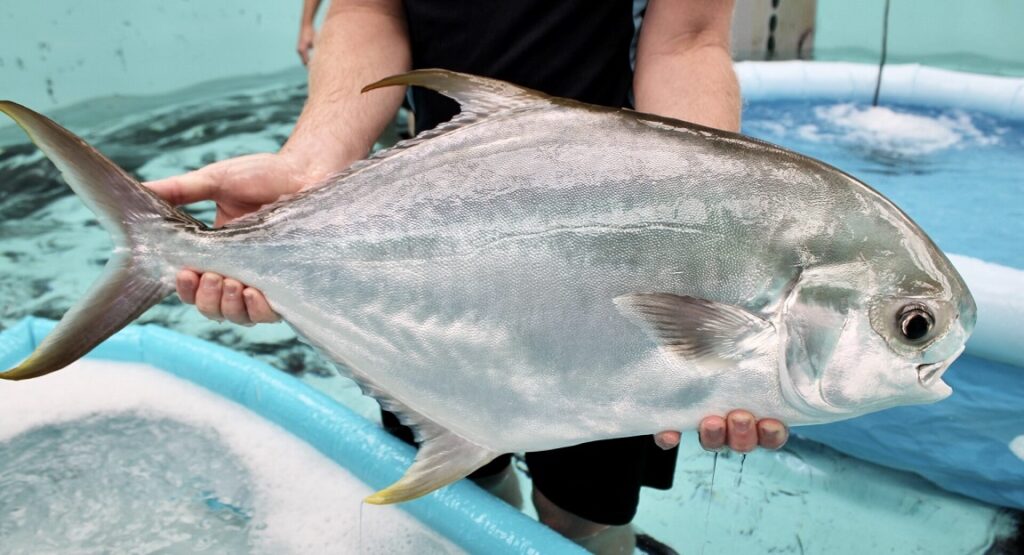
1. Tuna Troubles: Balancing Economics and Conservation
Europe – The European tuna sector received partial relief as the International Commission for the Conservation of Atlantic Tunas (ICCAT) reduced a moratorium on fish aggregating devices (FADs). However, the decision prompted criticism from conservationists, who argue for stronger action to curb overfishing and safeguard tuna stocks. The sector faces mounting pressure to balance economic needs with sustainability goals.
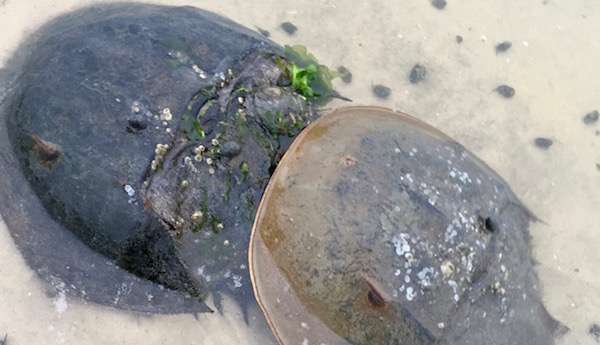
2. Saving Horseshoe Crabs: A Race Against Time
New York, USA – Conservationists are urging Governor Kathy Hochul to enforce stronger protections for horseshoe crabs. These ancient marine creatures face mounting threats from habitat loss and overharvesting for the biomedical and bait industries. A recent campaign emphasizes their ecological importance as a food source for migratory birds and their role in medical research. Advocates call for a moratorium on harvesting until populations recover.
Thank you for your generous gift that will help us continue the production of this weekly, free publication
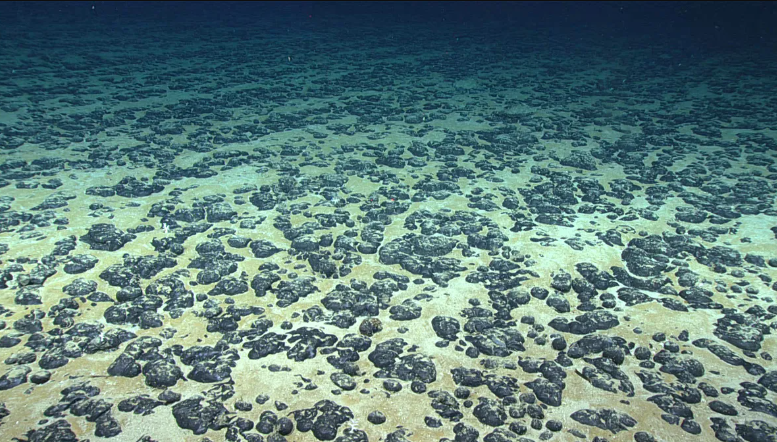
3. Deep-Sea Mining Debate: A Precious Pause?
Kingston, Jamaica – The International Seabed Authority (ISA) faces criticism for delays in adopting regulations for deep-sea mining. OceanCare warns of irreversible damage to marine ecosystems if mining proceeds without stringent safeguards. As negotiations extend into 2024, stakeholders demand a precautionary pause to allow comprehensive impact assessments and protect vulnerable deep-sea biodiversity.
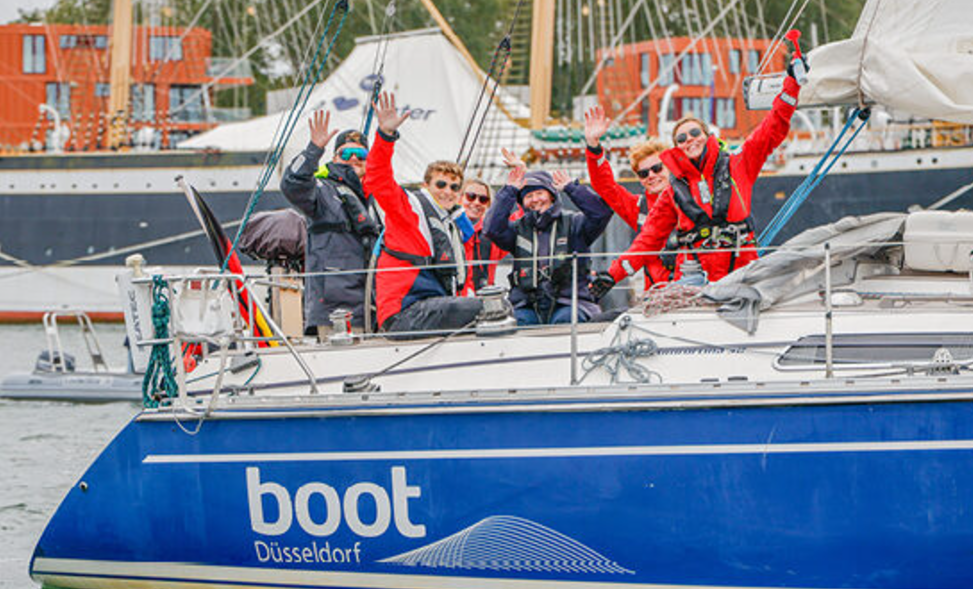
4. West Africa’s Ocean Heroes Shine at Boot 2025
Düsseldorf, Germany – West African nations showcased their ocean conservation efforts at Boot Düsseldorf 2025. Representatives highlighted community-led projects tackling overfishing, pollution, and climate change, emphasizing regional collaboration. The event underscored the importance of sustainable practices to protect livelihoods and biodiversity in coastal communities.
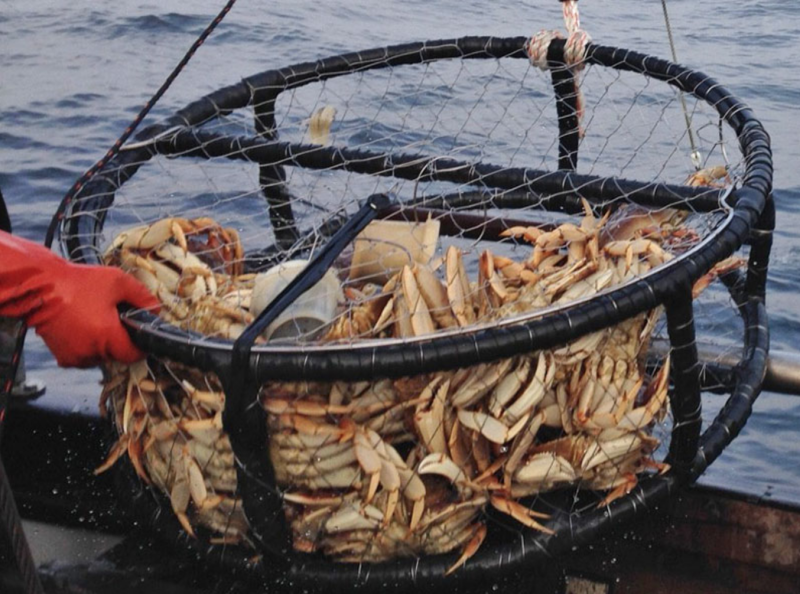
5. Delays Bite California’s Crab Industry
California, USA – The Dungeness crab fishing season faces further uncertainty as regulatory delays and gear restrictions take their toll. The California Department of Fish and Wildlife imposed stricter measures to minimize whale entanglements. Fishermen are advocating for clearer timelines and policies, citing economic hardships and dwindling opportunities.
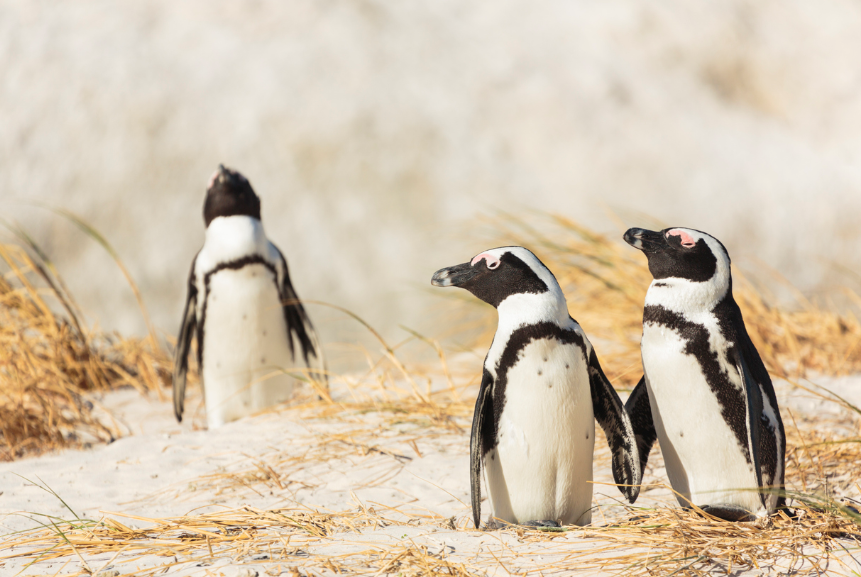
6. African Penguins: A Species on the Edge
South Africa – African penguins are teetering on the brink of extinction due to overfishing, habitat loss, and climate change. Once thriving, their population has plummeted to 10% of historic numbers. Conservationists demand urgent measures, including marine protected areas and sustainable fisheries, to save these iconic seabirds from disappearing forever.
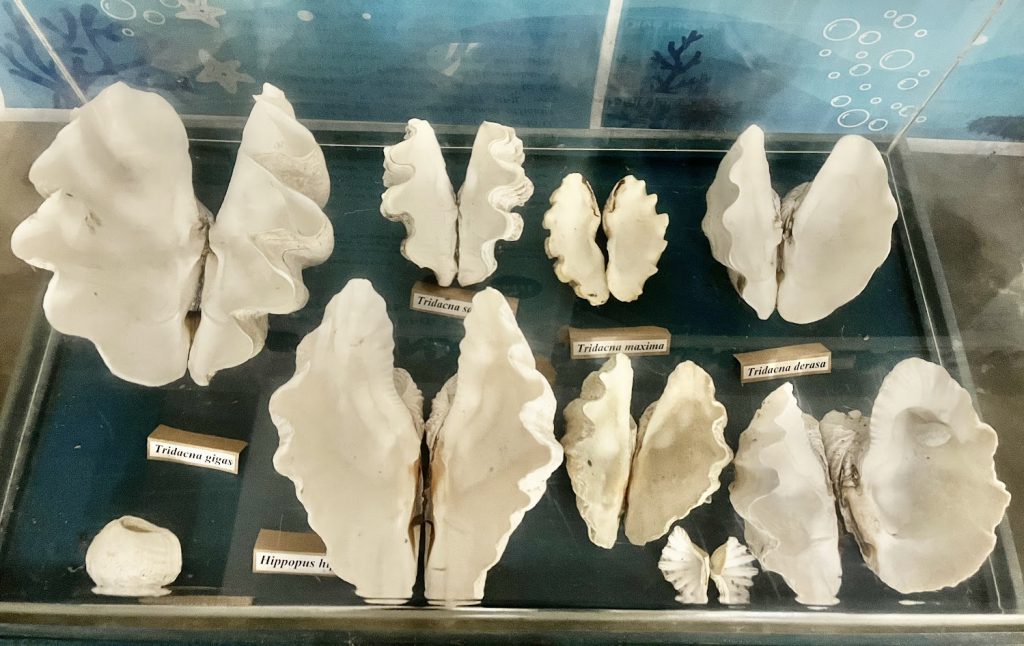
7. Giant Clams Make a Big Comeback in Quezon
Quezon Province, Philippines – Aboitiz Construction has launched a giant clam conservation project in partnership with local communities and environmental groups. This initiative aims to restore marine biodiversity and promote eco-tourism by reseeding clams in degraded areas. Giant clams play a crucial role in coral reef ecosystems, enhancing water quality and providing habitats for marine life.
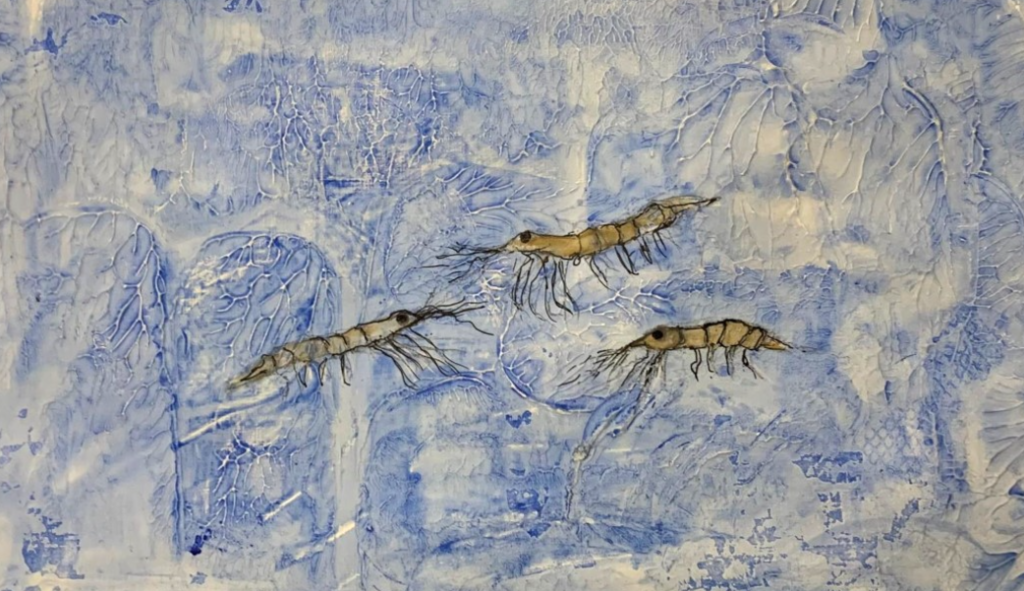
8. Krill Crisis: Antarctic Ecosystems at Risk
Hobart, Australia – Efforts to secure a sustainable krill fishery failed at this year’s Commission for the Conservation of Antarctic Marine Living Resources (CCAMLR) meeting. Despite growing demand for krill in aquaculture and supplements, member nations could not agree on stricter regulations. Conservationists warn that overharvesting could destabilize Antarctic ecosystems, as krill are a cornerstone of the food web.
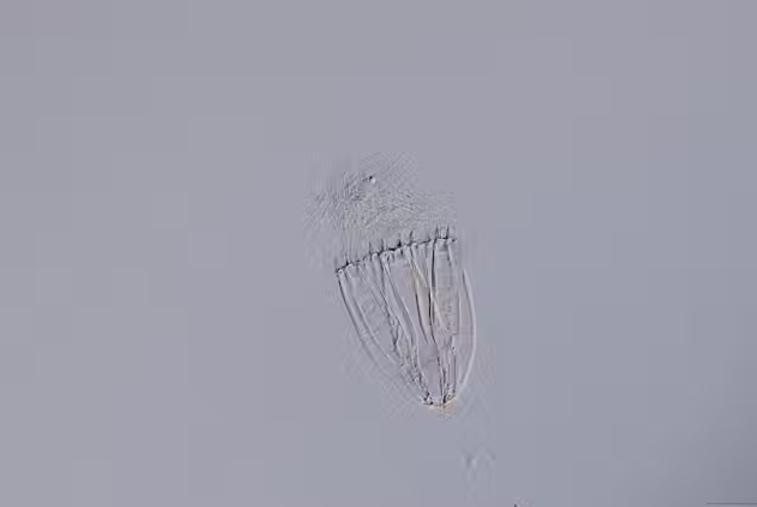
9. The Race to Find 1,000 New Marine Species
Global Oceans – Marine researchers face the challenge of discovering 1,000 new species in the world’s deepest seas by 2030, a goal set by the United Nations’ Decade of Ocean Science. Despite advances in technology, high costs and logistical hurdles complicate the mission. Exploring these depths could uncover critical insights into biodiversity and inform global conservation efforts.

10. Eyes in the Sky: Fighting Illegal Fishing
Global Oceans – Planet Labs and Global Fishing Watch have expanded their partnership to promote ocean transparency and accountability. Using advanced satellite technology, the collaboration monitors illegal fishing activities, tracks vessel movements, and aids in the enforcement of maritime regulations. The partnership aims to empower nations and organizations to combat overfishing and preserve marine ecosystems.
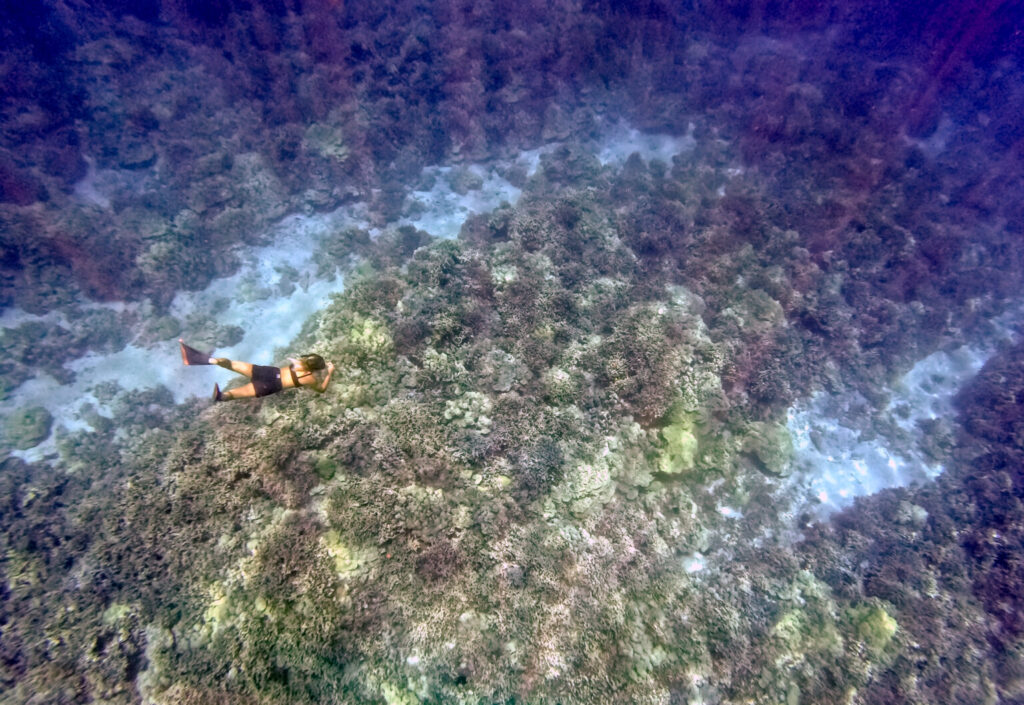
11. Hawaii’s Cesspools: A Threat to Coral Reefs
Hawaii, USA – Hawaii’s longstanding use of cesspools is taking a toll on its coral reefs. Scientists warn that untreated wastewater runoff exacerbates algal blooms and damages reef ecosystems. With over 80,000 cesspools still in operation, officials and conservationists are calling for urgent infrastructure upgrades to protect marine biodiversity and coastal waters.
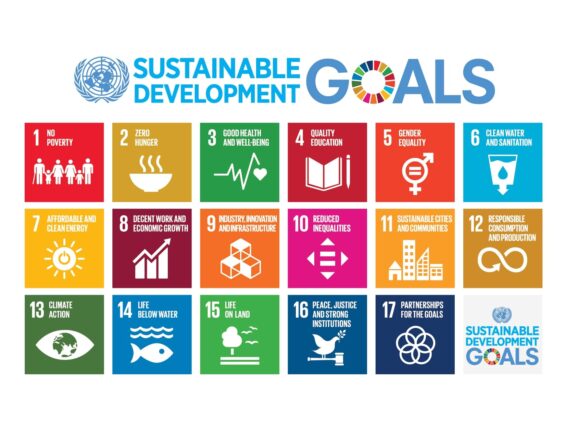
12. Can Nigeria Turn the Tide on Conservation?
Nigeria – A new report highlights Nigeria’s slow progress on Sustainable Development Goal (SDG) targets, particularly on ocean-related goals. Challenges include weak governance, lack of funding, and insufficient enforcement of environmental policies. The findings call for urgent action to align national priorities with global conservation commitments ahead of COP meetings.




